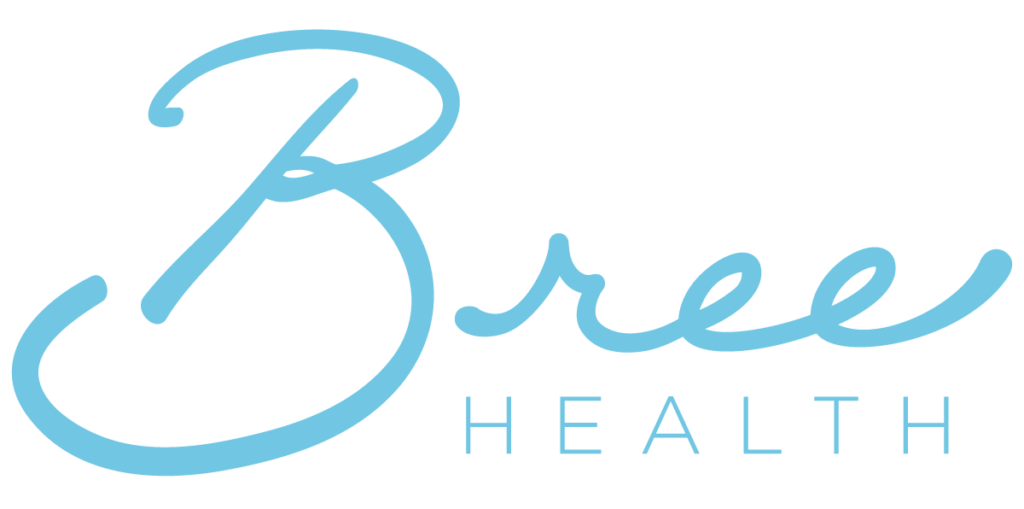In today’s fast-paced corporate world, the term ‘burnout’ has become all too familiar. As HR professionals, we are at the forefront of ensuring the well-being of our organization’s most valuable asset – its people. Burnout not only affects the individual’s mental and physical health but also impacts the overall productivity and morale of the team. Recognizing the early signs of burnout is crucial to intervene timely and provide the necessary support. This guide aims to shed light on the early stages of burnout and how HR professionals can play a pivotal role in its prevention.
Understanding the Early Signs
Burnout is a state of emotional, physical, and mental exhaustion caused by prolonged and excessive stress. It occurs when an individual feels overwhelmed, emotionally drained, and unable to meet constant demands. While the final stages of burnout can be evident, the early signs are often subtle and easily overlooked. Some of the early indicators include:
- Decreased Performance: Employees who were once high-performers might start to struggle with routine tasks. Their productivity may decline, and they might miss deadlines more frequently.
- Increased Absenteeism: A sudden spike in sick leaves or frequent tardiness can be a red flag.
- Mood Changes: Employees might become more irritable, sensitive, or withdrawn. They may also exhibit signs of anxiety or depression.
- Fatigue: Constant tiredness, even after a good night’s sleep, can be an early sign of burnout.
- Cynicism: A previously enthusiastic employee might start showing signs of detachment and lack of interest in their work or the organization.
Proactive Measures
Recognizing the early signs is just the first step. Taking proactive measures to address and prevent burnout is equally important. As HR professionals, fostering a supportive work environment and promoting work-life balance are essential. Some strategies include:
- Flexible Work Arrangements: Allowing employees to have flexible work hours or the option to work from home can significantly reduce stress.
- Encourage Breaks: Promote taking short breaks during the day to relax and recharge. A simple walk or a few minutes of relaxation can make a difference.
- Open Communication: Create an environment where employees feel comfortable discussing their challenges and seeking help when needed.
Incorporating tools and platforms that support mental well-being can also be a game-changer. This is where Bree Health comes into play. Bree Health‘s AI-driven platform connects employees to personalized mental health and life services. With its effortless scheduling feature, employees can easily schedule a meeting with a certified coach, ensuring they get the support they need when they need it. By integrating such a platform, HR professionals can provide a proactive solution to address the early stages of burnout.
Burnout is a growing concern in the modern workplace, and its repercussions can be far-reaching. Recognizing the early signs and taking proactive measures is the key to ensuring the well-being of our employees. As HR professionals, we have the responsibility and the tools at our disposal to make a difference. Platforms like Bree Health not only provide a solution to address burnout but also emphasize the importance of mental well-being in the workplace. By prioritizing our employees’ mental health, we are not only enhancing their quality of life but also contributing to a more productive and harmonious work environment. Let’s take the lead in making mental well-being a priority in our organizations.
![]() Visit our LinkedIn for expert advice that the HR industry can utilize with their employees, and to learn more about how HR professionals creating a healthier, more productive workforce by implementing Bree Health.
Visit our LinkedIn for expert advice that the HR industry can utilize with their employees, and to learn more about how HR professionals creating a healthier, more productive workforce by implementing Bree Health.

